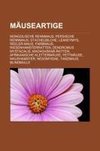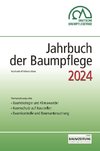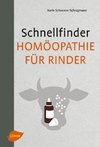
-
 Anglický jazyk
Anglický jazyk
The decline of colonies of Apis mellifera Linnaeus, 1758 (Hymenoptera: Apoidea).
Autor: Jhibran Ferral-Piña
Bees of the species Apis mellifera Linnaeus, 1758 (Hymenoptera: Apoidea) are the most studied pollinating insects in the world due to their role in plant reproduction. Since the late 1960s approximately twenty cases of bee colonies lost due to various diseases... Viac o knihe
Na objednávku
36.99 €
bežná cena: 41.10 €
O knihe
Bees of the species Apis mellifera Linnaeus, 1758 (Hymenoptera: Apoidea) are the most studied pollinating insects in the world due to their role in plant reproduction. Since the late 1960s approximately twenty cases of bee colonies lost due to various diseases were reported in the United States (USA). In 2006 the phenomenon called Colony Collapse Disorder (CCD) syndrome was reported. The difference between CCD losses and the cases reported in the 1960s is the fact that there is no evidence of disease in bees from 2006, when beekeepers found empty hives with a single queen bee and reduced numbers of workers. The first cases were evidenced in the USA, in which losses of 50-90% of colonies in some regions were determined. The exact cause of the appearance of CCD syndrome has not been clarified yet. The present review discusses information about this phenomenon and some possible causes, such as the impact of causal agents of bee diseases, increase of genetically modified organisms, poor bee nutrition and the use of agrochemicals.
- Vydavateľstvo: Our Knowledge Publishing
- Rok vydania: 2021
- Formát: Paperback
- Rozmer: 220 x 150 mm
- Jazyk: Anglický jazyk
- ISBN: 9786203704938

 Nemecký jazyk
Nemecký jazyk 









